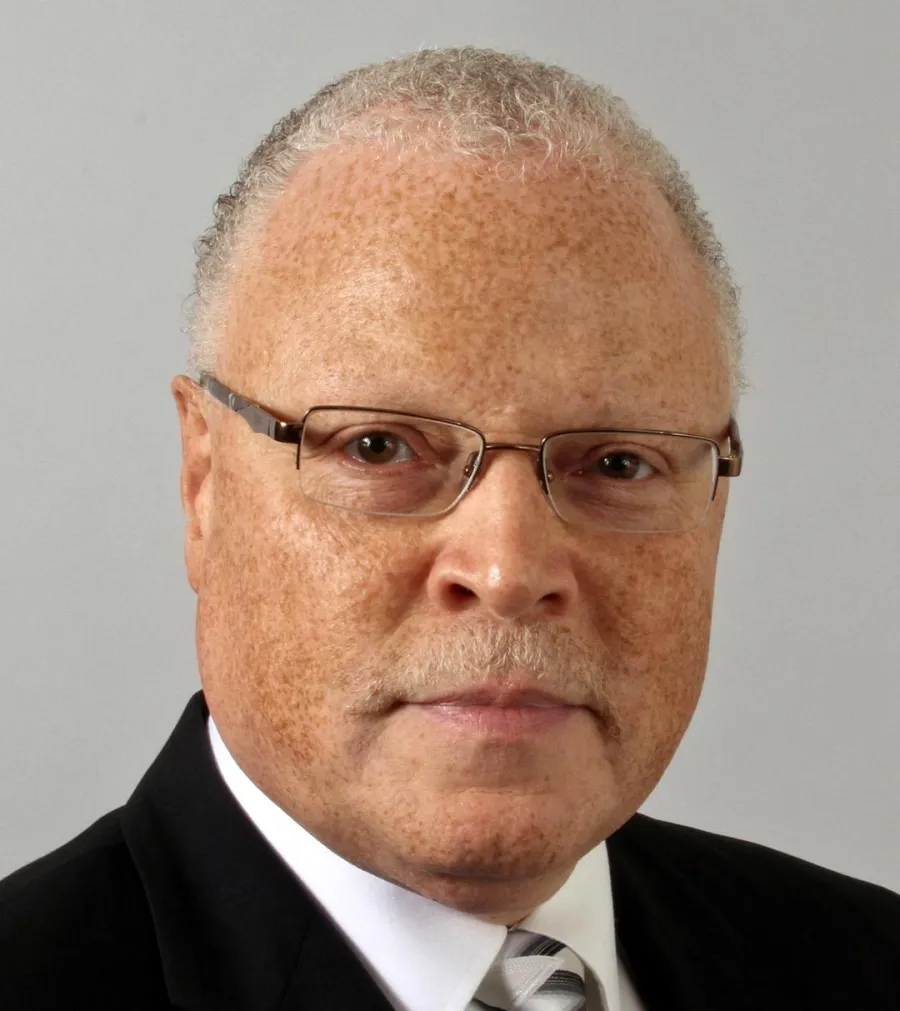Saunders discusses organized labor’s role in workplace mental health

Our nation’s behavioral and mental health workers have helped families and communities deal with every imaginable crisis, including the opioid crisis, gun violence, homelessness and the coronavirus pandemic. But for far too long, their work has not been fully appreciated.
AFSCME, the largest behavioral health workers union in the country with more than 50,000 members providing behavioral health, mental health and substance use disorder services, has been at the forefront in bringing recognition and resources to these essential workers. This is even more critical today as the country continues to repair itself after the devastation of the COVID-19 pandemic.
On Thursday, AFSCME President Lee Saunders took part in a roundtable discussion about the role labor unions can play in prioritizing whole-person care so that all Americans get the mental health support they need.
The event, “The Essential Role of Organized Labor in Addressing Workplace Mental Health,” was hosted by The Kennedy Forum, a leading voice for behavioral health parity, led by former U.S. Rep. Patrick J. Kennedy.
Other panelists included AFL-CIO President Richard Trumka and Dr. Abby H. Morris, medical director for the IAFF Center of Excellence for Behavioral Health Treatment and Recovery.
“Behavioral health workers are tasked with solving some of our most pressing community problems and helping some of our most vulnerable people,” Saunders said. “More than ever – to do their jobs well and to provide the best possible services – they need the voice on the job that only a union can provide.”
Saunders added, “AFSCME members have been on the front lines serving their communities and advocating for much-needed legislation, like the groundbreaking federal law on mental health parity, the Affordable Care Act and Medicaid, which help millions of Americans who live with mental health issues and substance use disorder.”
Saunders shared the story of one of those front-line heroes, an Oregon Health & Sciences University respiratory therapist and AFSCME member in his mid-30s named Casey Parr, who, early in the pandemic, was going to work without personal protective equipment (PPE). He was so worried that considered going to a lawyer to have a will drawn up so his wife and young child would be taken care of if he died from COVID-19.
“That’s a story all of us should remember – the sacrifices that were made by public sector workers,” Saunders said. “The pandemic made clearer than ever just how important a union is.”
The American Rescue Plan, which became law thanks in large measure to AFSCME’s Fund the Front Lines Campaign, includes a $3 billion federal investment to improve behavioral health services.
“Better health care policy and more funding are only the first step,” Saunders said. “We can’t fix our country’s behavioral health system without respecting and empowering the behavioral health care workforce.”
That is why AFSCME is organizing behavioral health workers from New Jersey and New York to Illinois, Oregon and worksites across the country through affiliate leadership and AFSCME’s United We Heal campaign.
“Behavioral health workers do not just unionize for themselves; they organize for their clients,” stressed Saunders, adding that they seek a voice so they can fight for safer caseloads, greater investments in workers and equipment like PPE, and better health and safety procedures.
Trumka emphasized how poor Americans’ mental health was even before the pandemic, which has only compounded the crisis.
“The workplace can and should be where people get help,” he said. “It should be the place where people get quickly screened and get care.”
But Trumka also added that, “The most important thing employers must do is provide paid family and medical leave for workers. That’s what President Biden is fighting for with American Families Plan.”
Kennedy, who has fought for expanded access to mental health care, credited labor unions like AFSCME for joining in that fight.
“We have to integrate mental health into overall health. We know more than ever that the success of a person on the job … is centered around strong mental health,” Kennedy said.
